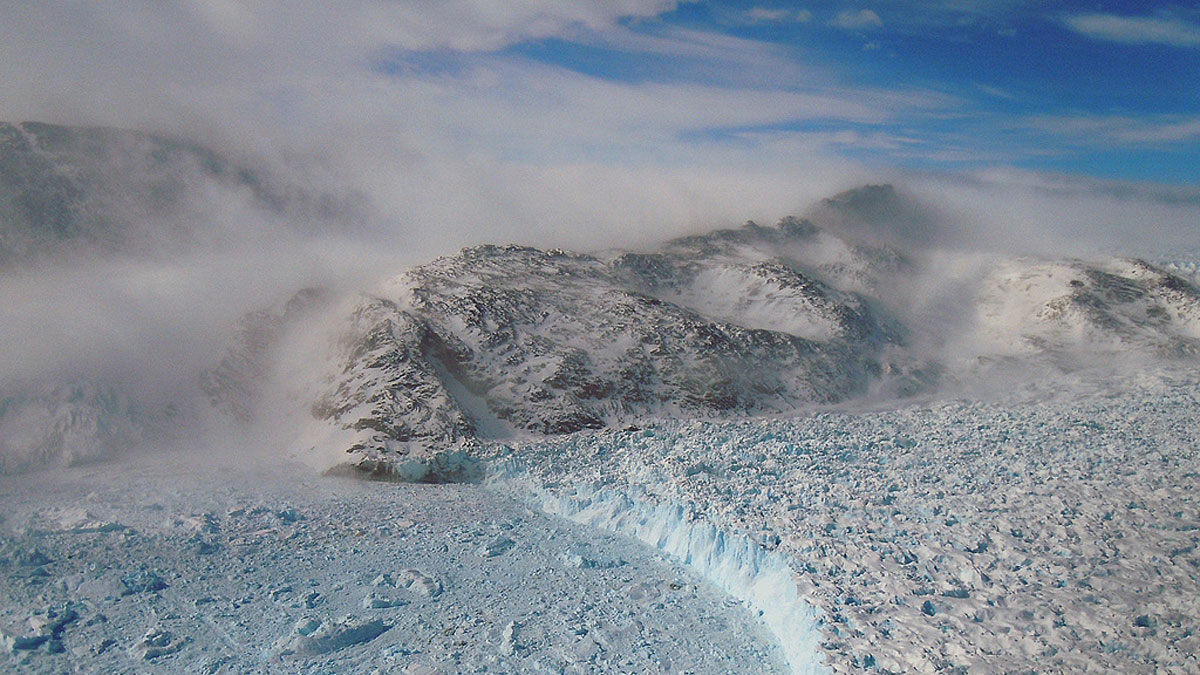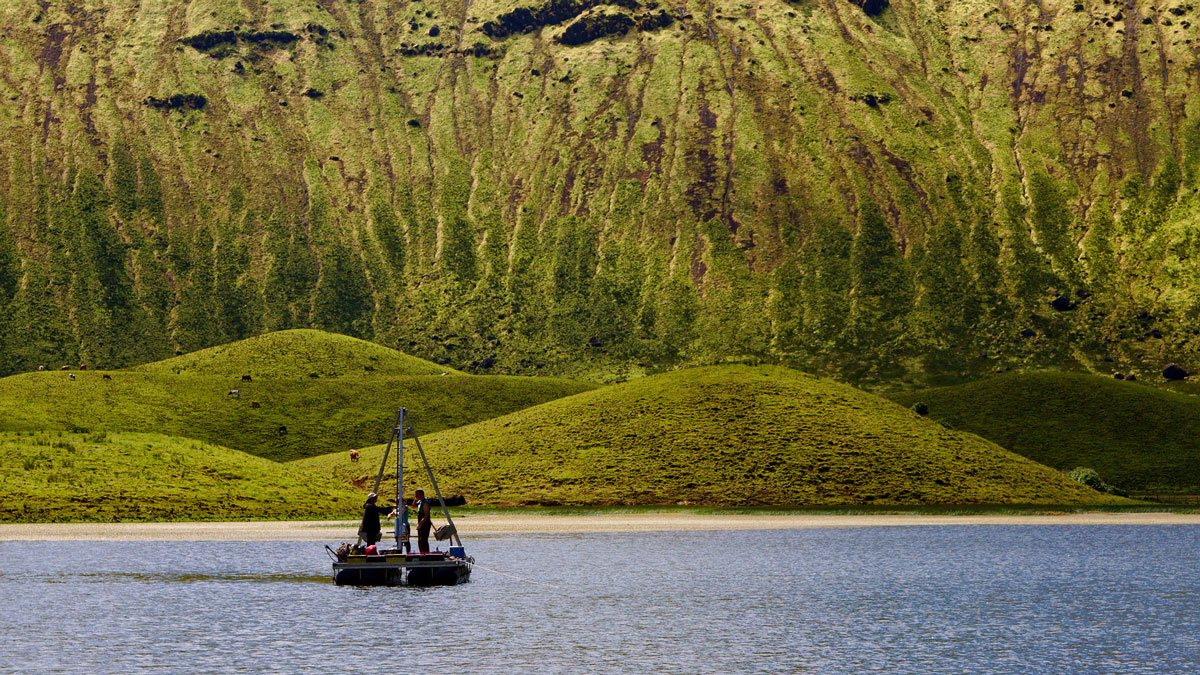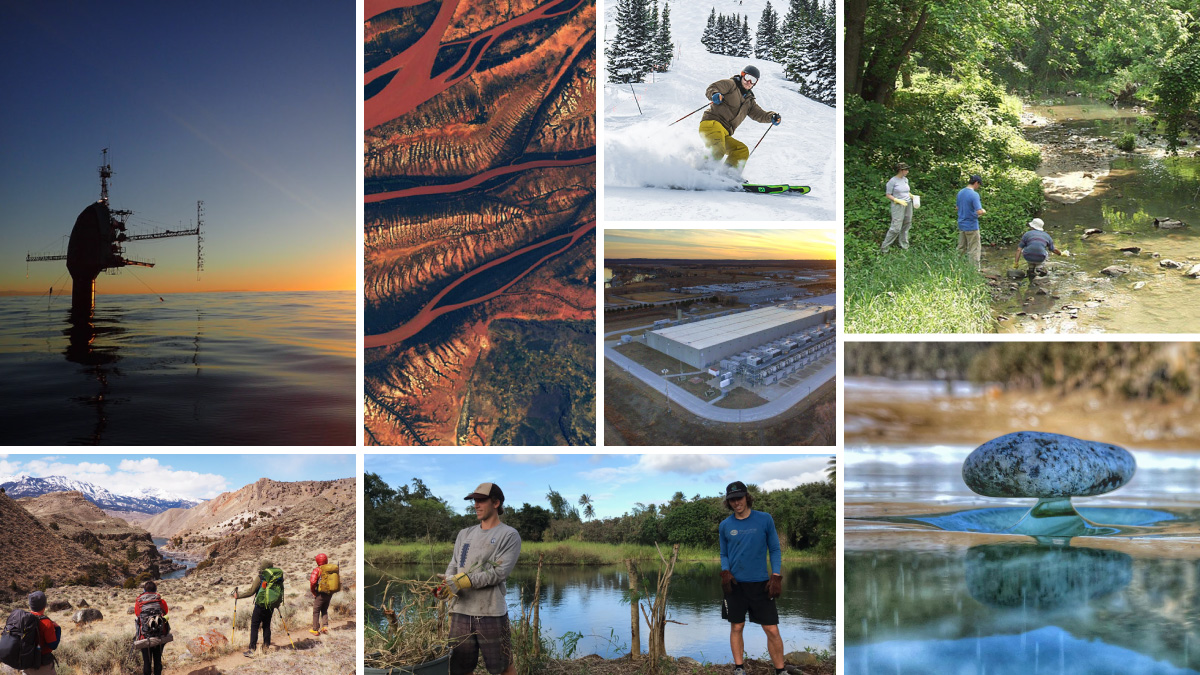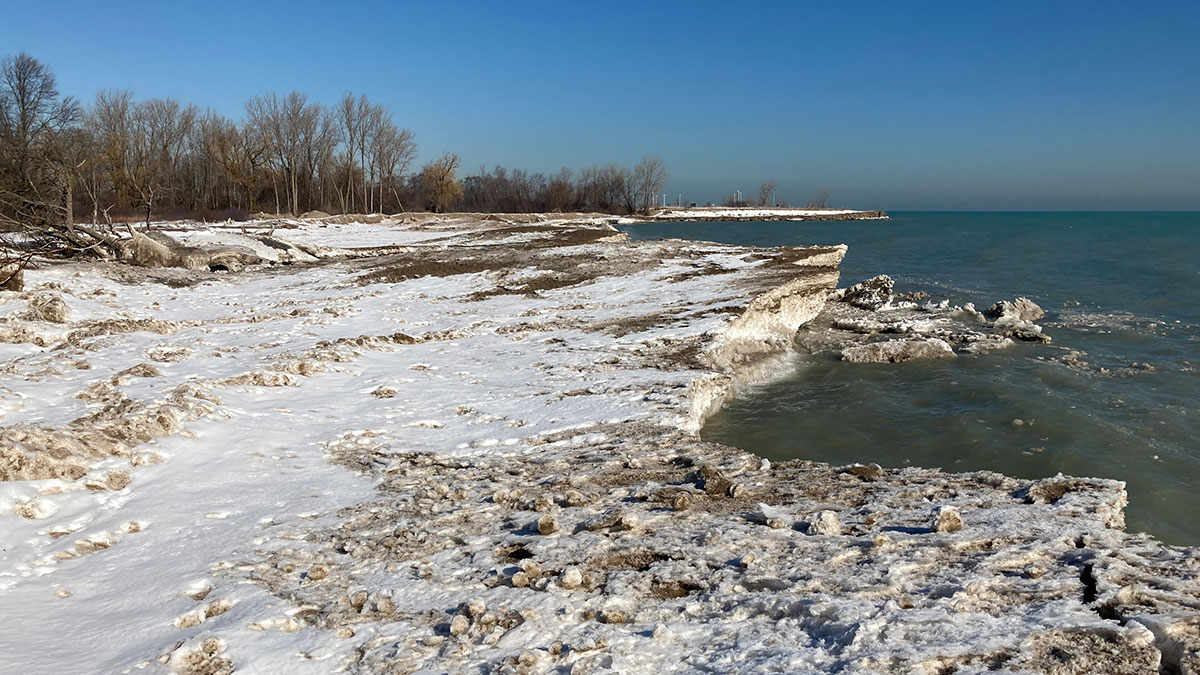California plans to use forest thinning to reduce wildfire risk. New research suggests the state could also see a climate benefit by repurposing waste wood produced by thinning.
News
“Sticky” Ice Sheets May Have Led to More Intense Glacial Cycles
New research attributes a shift to longer, stronger glacial cycles to increased friction between ice sheets and bedrock in the Northern Hemisphere 1 million years ago.
Sediments Suggest Vikings May Have Been the First to Settle the Azores
A multidisciplinary team studying lake sediments and climate change found evidence that the archipelago was inhabited 700 years earlier than historical sources claim.
Termite Fumigation in California Is Fueling the Rise of a Rare Greenhouse Gas
The insecticide sulfuryl fluoride isn’t included in federal or state emissions reduction goals.
The Best of Eos 2021
What Earth and space science stories stood out this year, and what are we looking forward to in 2022?
Diamond Discovery Unearths Secrets of the Deep
A diamond inclusion has revealed a new mineral, davemaoite, as well as hints about the workings of our planet’s interior.
Satellites Spy on Sand Mining in the Mekong
Concrete, used in everything from streets to skyscrapers, needs sand, often mined from active rivers in developing countries with little oversight. Researchers can now use satellites to keep watch.
Drones and Crowdsourced Science Aid Great Lakes Data Collection
Important data collection can aid coastal monitoring and management.
Can Uranus’s Rings Reveal the Planet’s Deepest Secrets?
Planetary rings can act as seismometers that respond to changes deep within a planet.
Dunes Dance to a New Rhythm in Climate Change
Dunes may morph or creep in new directions in a warming world.










